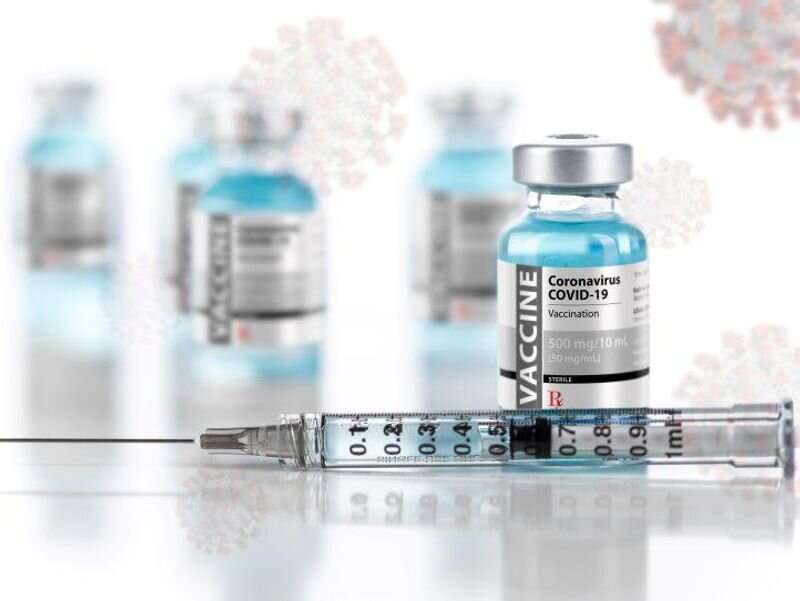
(HealthDay)—Receipt of a third booster BNT162b2 dose is associated with a reduction in the odds of testing positive for severe acute respiratory syndrome coronavirus 2 (SARS-CoV-2), according to a study published online Nov. 30 in JAMA Internal Medicine.
Tal Patalon, M.D., from Maccabi Healthcare Services in Tel Aviv, Israel, and colleagues conducted a preliminary retrospective study using a test-negative design and a matched case-control design to examine the initial short-term additional benefits of a three-dose versus a two-dose BNT162b2 vaccine regimen. Data were included for 306,710 Maccabi Healthcare Services members who were age ≥40 years and received two or three doses of the BNT162b2 vaccine and did not have a positive polymerase chain reaction (PCR) test result for SARS-CoV-2 prior to the start of follow-up. Analyses focused on the period from Aug. 1, 2021, to Oct. 4, 2021, when the booster dose was widely administered.
The researchers found that there were 500,232 PCR test performed during the study period: 227,380 and 272,852 among those who received two and three doses, respectively, with 6.6 and 1.8 percent positive test results in each group. There was an estimated odds ratio of 0.14 for a positive PCR test at 28 to 65 days after receipt of the booster comparing those who received a booster with those who received two doses (86 percent reduction in odds of testing positive).
“These numbers should be interpreted as the reduction in the odds of infection in a person receiving the booster dose compared with a person receiving only the two primary doses,” the authors write.
Source: Read Full Article